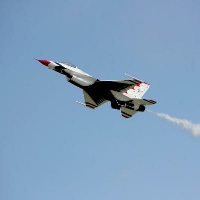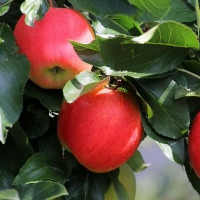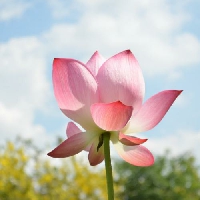Is Shandong adult college entrance examination difficult? Shandong Adult College Entrance Examination is generally not difficult, and the content of the examination is relatively basic. As long as the examinees prepare carefully, they can pass the examination.
Is Shandong adult college entrance examination difficult?
The adult college entrance examination in Shandong is not difficult in general. The adult college entrance examination is a popular way for in-service personnel to improve their academic qualifications. Most of the candidates for the adult college entrance examination are office workers. Generally, the examination content is relatively basic. Before registering for the exam every year, the examination institute will issue an exam outline. The exam content is generally not beyond the outline. The examinees only need to review according to the exam outline, master the high-frequency test points listed in the outline, and then prepare for the exam with the real questions over the years to achieve good results.
Generally, there are three or four subjects in the adult examination. Compared with more than ten subjects in the self-taught examination, there are fewer subjects in the adult college entrance examination. Even cross major candidates need not worry. As long as they review carefully, they can get high marks in professional basic courses.
Judging from the admission score line of the adult examination over the years, candidates with scores of more than 100 are likely to be admitted. But the examinee should pay attention to that the admission score is different for different majors. Generally, the scores of literature, history, traditional Chinese medicine and education are higher, while those of science and engineering and economic management are lower. What the examinee needs to note is that the adult college entrance examination admission score line is not limited by the single subject score line. As long as the examinee's total score reaches the score line, he or she may be admitted.










